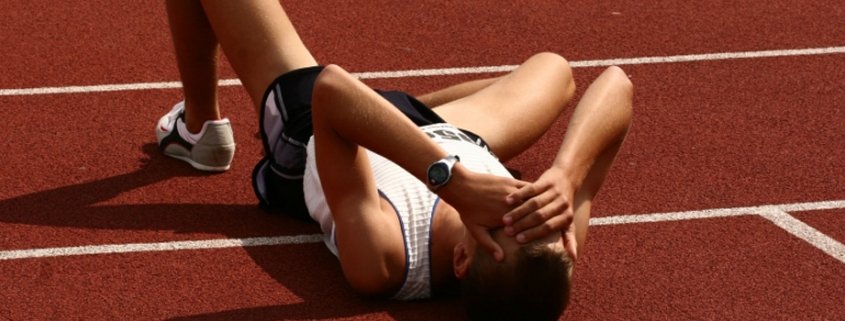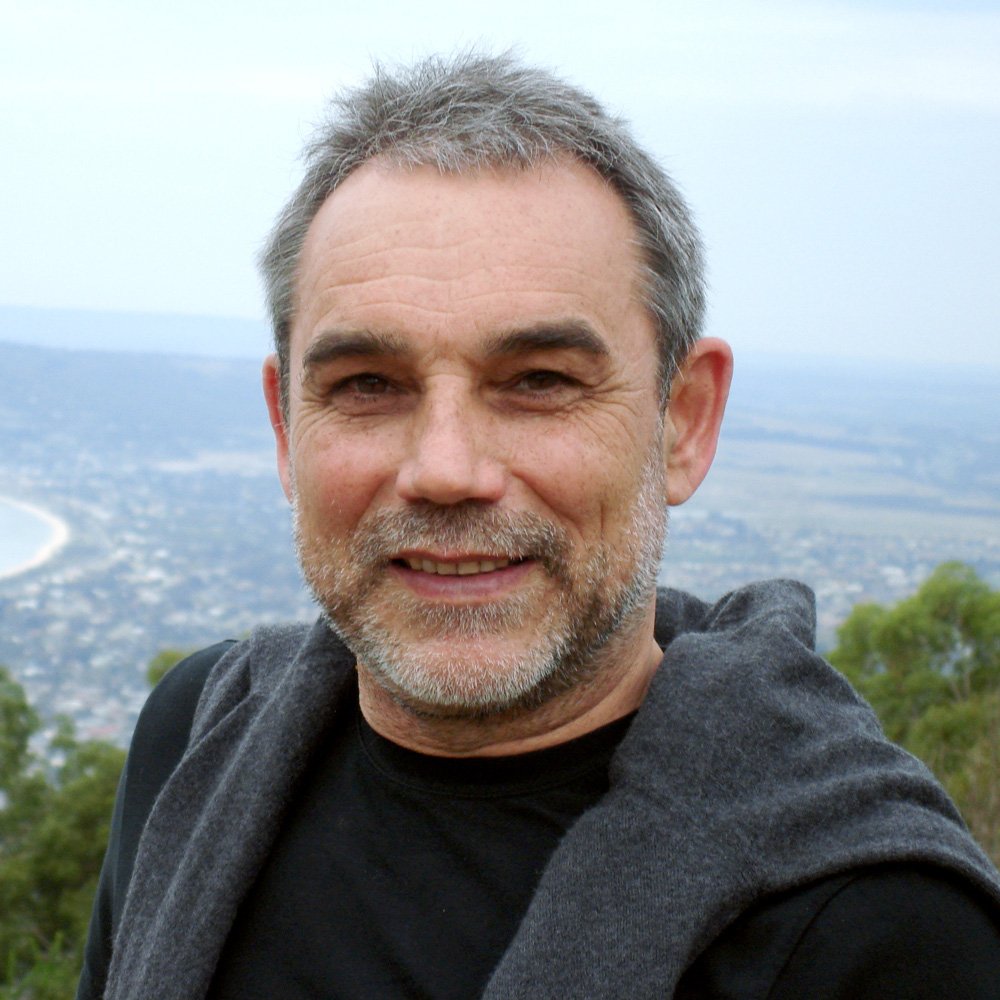Training: Remedy for Fatigue When Running
“What do I do when I get tired when running?” This question came up and it reflected a very interesting mind-set regarding performance from coaches and athletes. Indeed, what can we do when fatigue emerges when we run? Do we have some options in how to deal with fatigue? Obviously not many options exist, nevertheless many coaches and athletes “hope” that there are some magic tricks to go around. Some choose to gamble by using something yet unknown to science.
Is it a question “what do I do?” when a tennis player, swimmer or any other athlete in any other sport get tired during their performance? Do they ask to stop the game or exit the race for a moment to get some rest? Not at all, no one has that kind of luxury, because this is the essence of sport – to find out who can overcome the most obstacles, including fatigue, in order to win.
Then, what can we do when we get tired when running? The answer is as simple as it is complicated.
First the complicated part. It comes from the complex nature of fatigue, which is never just physical fatigue, but has mechanical, anatomo-physiological, psycho-emotional, mental, and spiritual parts. Which one of these states is more “tired” is very difficult to identify, but there is something known from our experience and science about the relations between these parts and their influence on each other.
Psycho-emotional aspect of fatigue appears much sooner, long before real energy exhaustion in the physiological component of fatigue steps in.
Generally, from science and experience it is well-known that the psycho-emotional aspect of fatigue appears much sooner, long before real energy exhaustion in the physiological component of fatigue steps in. Our psychology reacts in advance trying to “prevent” the danger of growing fatigue and to convince our mind to stop the performance. Therefore the brain receives lots of signals of fatigue in the form of burning sensations, pain, and reduced strength of muscles.
Focus on the Action
How do we deal with this psycho-emotional component of fatigue? Simple, our mind has to (and I am emphasizing this) stick to the action. In different sports it’s a different thing, but the meaning remains the same. Action is something that allows us to continue our performance. In running, from the Pose Method concept point-of-view, it is the action of pulling the foot from the ground. Do we have any other option, or some trick to continue our performance? The answer is, clearly, no.
Action is something that allows us to continue our performance.
Our ‘business’ is to keep our mind from exerting a discouraging influence of our negative emotions connected to the signs of growing fatigue. We must remain focused on the action of pulling so we don’t have the opportunity to dwell on what feels like danger to our life, and prevent our mind from recruiting defensive mechanism of the body to shut down our performance. Our mind is supposed to stay focused on the action no matter what is going on in our perception. In the Pose Method of running the only action to stick with is the action of pulling the foot from the ground while you are falling forward from the Pose.
This and only this focus of your mind will allow you to avoid unnecessary energy expenditure and keep utilizing it into your running no matter how fast and long you run. It is the essence of training and racing performance.

 Pose Method Publishing, Inc
Pose Method Publishing, Inc

 Pose Method Publishing, Inc
Pose Method Publishing, Inc
The psychological part of fatigue is to me more important than physiological axpect of it. I’ve experienced meny times it, especially on 5 km and 10 km that i had to do at maximum of my capacity. There’s always a moment that i feel that i can’t do more, but looking to my Garmin i see that I’m doing well and i did not reduced velocity. I always think to Rocky Balboa and especially to “it ain’t about how hard you hit; it’s about how hard you can get hit and keep moving; how much you can take and keep moving forward. That’s how winning is done!” In italian 😛✊ but i focus on my technique and on long distance i take gel regularly from 45 min and then every 30 min.